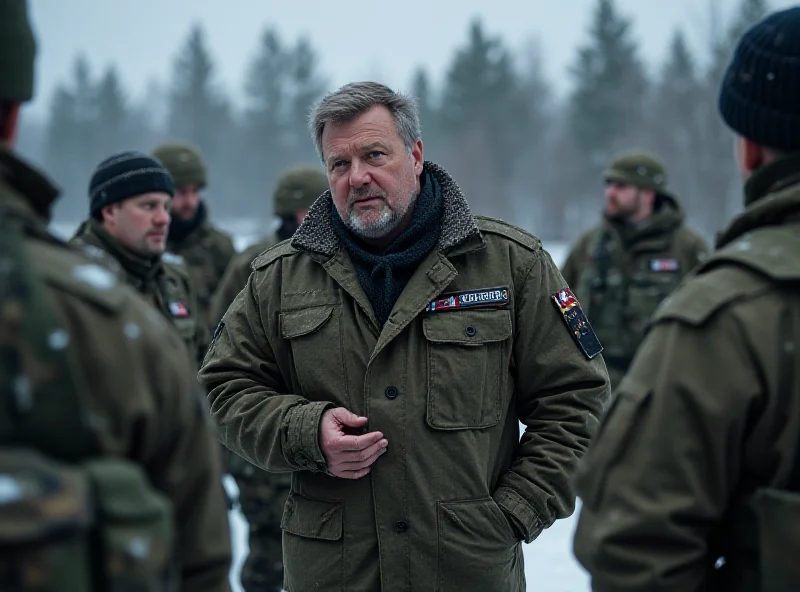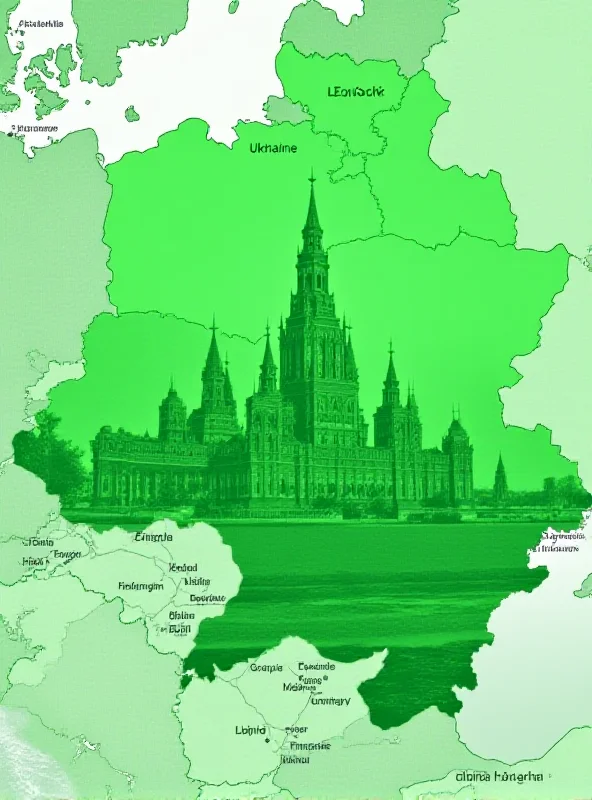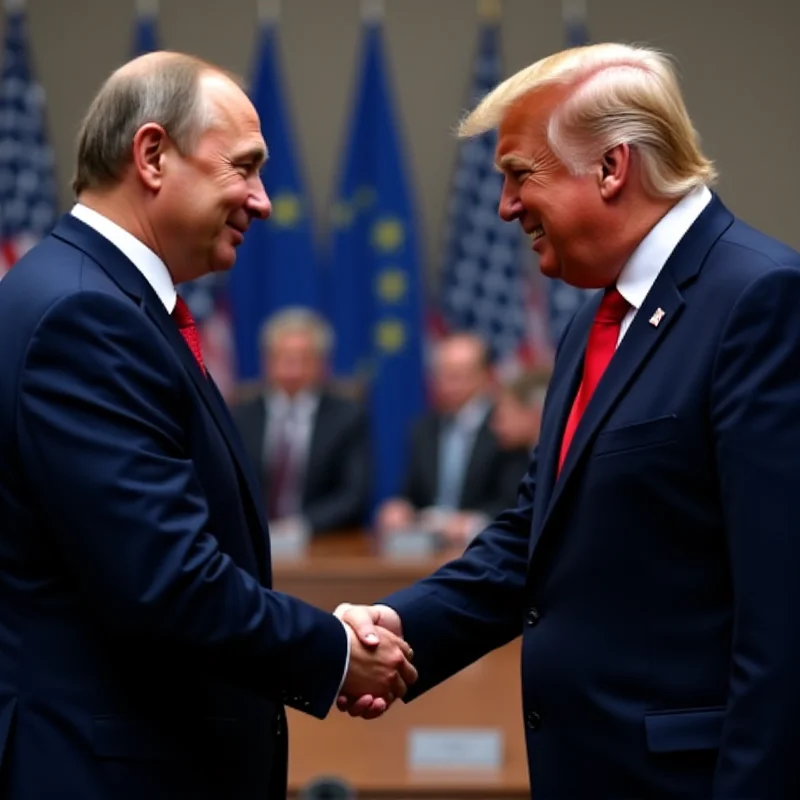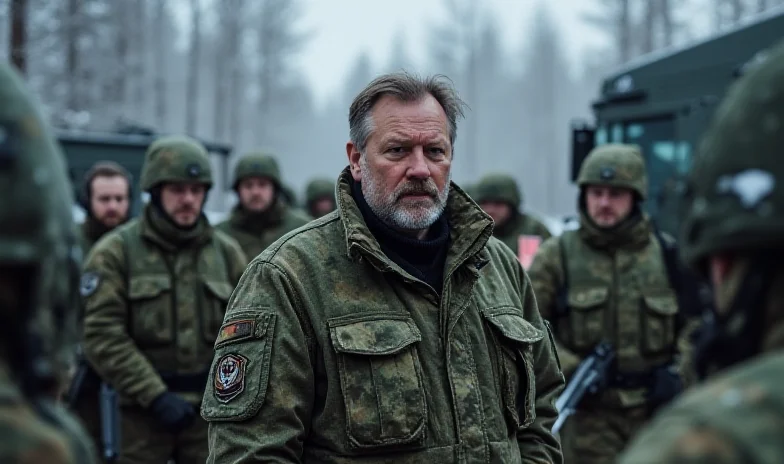The Kremlin's actions and rhetoric continue to fuel tensions across Europe, particularly in light of the ongoing war in Ukraine. Recent analyses and statements from various sources paint a picture of a Russia determined to expand its influence, both militarily and politically.
Finland's Warning: Russia Remains a Threat
General Janne Jaakkola, commander of the Finnish Armed Forces, recently issued a stark warning: "Regardless of when and how the war against Ukraine ends, Russia will not cease to be a threat to Europe." He emphasized the Kremlin's direct goal of expansion and a significant increase in the size of its army. "This transformation is already underway and we are monitoring it closely," Jaakkola added, suggesting a return to universal conscription as one way to restrain Moscow.

This sentiment echoes concerns throughout the Baltic states and Eastern Europe, where historical experiences with Russian influence have created a deep-seated wariness of Moscow's intentions. The annexation of Crimea in 2014 and the current conflict in Ukraine have only amplified these fears.
Political Maneuvering and Annexation Plots
Beyond military expansion, the Kremlin is also accused of engaging in political maneuvering to destabilize neighboring countries. The recent sentencing of Dodik in Sarajevo, which the Kremlin condemned as a "political decision," highlights the tensions in the Balkans. Furthermore, reports have emerged about individuals like Slota discussing the annexation of Transcarpathia with Russian contacts and meeting with Kremlin ideologues like Dugin, described as the "mastermind behind Russian imperialism."
These incidents, while seemingly isolated, contribute to a broader narrative of Russian interference and attempts to undermine the sovereignty of other nations. The Kremlin's insistence that the four illegally annexed Ukrainian provinces "are non-negotiable" further underscores its disregard for international law and territorial integrity.

The West's Response and Future Outlook
The European Union has responded by inviting Zelenski to an extraordinary summit, signaling its continued support for Ukraine. Simultaneously, the British Prime Minister is reportedly meeting with Trump to discuss the war in Ukraine and the European position. These diplomatic efforts aim to coordinate a unified Western response to Russian aggression.
"We must remain vigilant and united in the face of Russian aggression. The Kremlin's actions pose a direct threat to European security and stability." - A European Diplomat (anonymous)
However, challenges remain. Putin's alleged "flirtation" with Donald Trump, as some observers describe it, raises concerns about potential shifts in Western policy. The need for a consistent and firm stance against Russian expansionism is paramount to deterring further aggression and ensuring the security of Europe.

Ultimately, the future of Europe hinges on its ability to effectively counter the Kremlin's expansionist ambitions. This requires a multi-faceted approach, including strengthening military defenses, maintaining economic sanctions, and promoting democratic values in the face of Russian disinformation and political interference.
